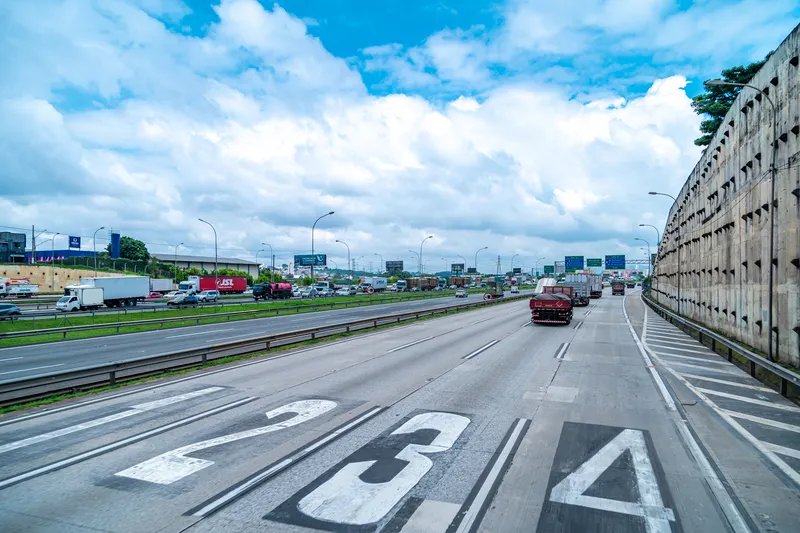
Kapsch TrafficCom has completed its work on the Bizkaia Connected Corridor Project in northern Spain - the first in the country.
It allows vehicles and infrastructure to communicate with each other, providing real-time information about road and traffic conditions, including traffic warnings, hazard alerts and updates on congestion.
Situated on the A8 highway near Bilbao, it covers 57km from Ermua to Ugaldebieta, and is promoted by the Diputación Foral de Vizcaya and Tecnalia.
"This project has been a true first-of-its-kind for Spain,” said Javier Aguirre, MD at Kapsch TrafficCom Spain & Portugal.
“One of the key tasks was ensuring smooth technical coordination among multiple stakeholders. We had to establish reliable communication between our teams, the traffic control centre and other project partners. This kind of coordination has no precedent in Spain, which required us to remain adaptable and agile throughout the project."
The availability of critical components and validation of the system posed challenges, he added.
Kapsch TrafficCom delivered:
• Supply and installation of 25 roadside units that allow data exchange between infrastructure and vehicles
• Deployment of three ITS G5 on-board units (OBUs) and three V2X OBUs
• Configuration and installation of a connected mobility control centre (CMCC), central to the project’s real-time monitoring capabilities
• A 12-month warranty and four years of hardware and software maintenance
Kapsch believes the project "sets the stage for future innovations in connected mobility in Spain, establishing a foundation for safer, more efficient roads".









